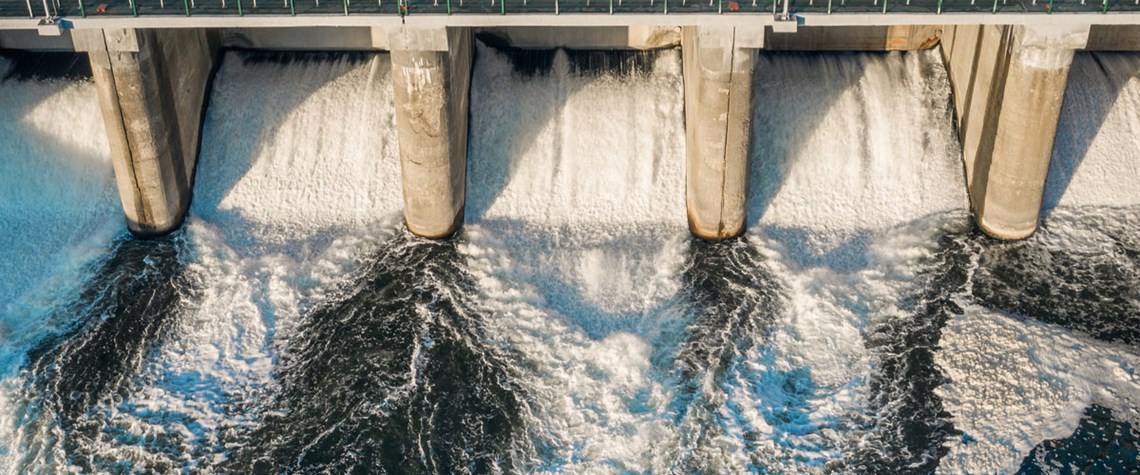Governments must act to accelerate hydropower growth - IEA
Net zero by 2050 requires capacity growth twice as fast as currently forecast through 2030
Governments must take “strong policy actions”, including financial incentives, to reverse a recent slowdown in the global growth of hydropower capacity, which has a key role to play in the transition to net-zero emissions, the International Energy Agency says. The role of hydropower in the transition to clean energy is critical as it is the world’s largest source of low carbon electricity and offers the flexibility and storage needed to stabilise power systems as the share of intermittent wind and solar grows. But investment has slowed as the sector faces multiple challenges and risks, including lengthy permitting process for new plants and power market designs which lack support for pumped

Also in this section
22 July 2025
Sinopec hosts launch of global sharing platform as Beijing looks to draw on international investors and expertise
22 July 2025
Africa’s most populous nation puts cap-and-trade and voluntary markets at the centre of its emerging strategy to achieve net zero by 2060
17 July 2025
Oil and gas companies will face penalties if they fail to reach the EU’s binding CO₂ injection targets for 2030, but they could also risk building underused and unprofitable CCS infrastructure
9 July 2025
Latin American country plans a cap-and-trade system and supports the scale-up of CCS as it prepares to host COP30








